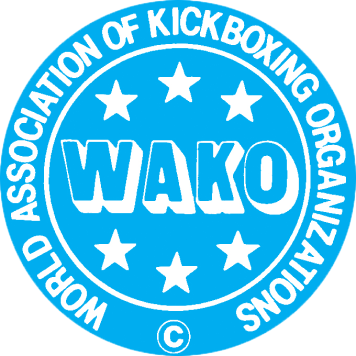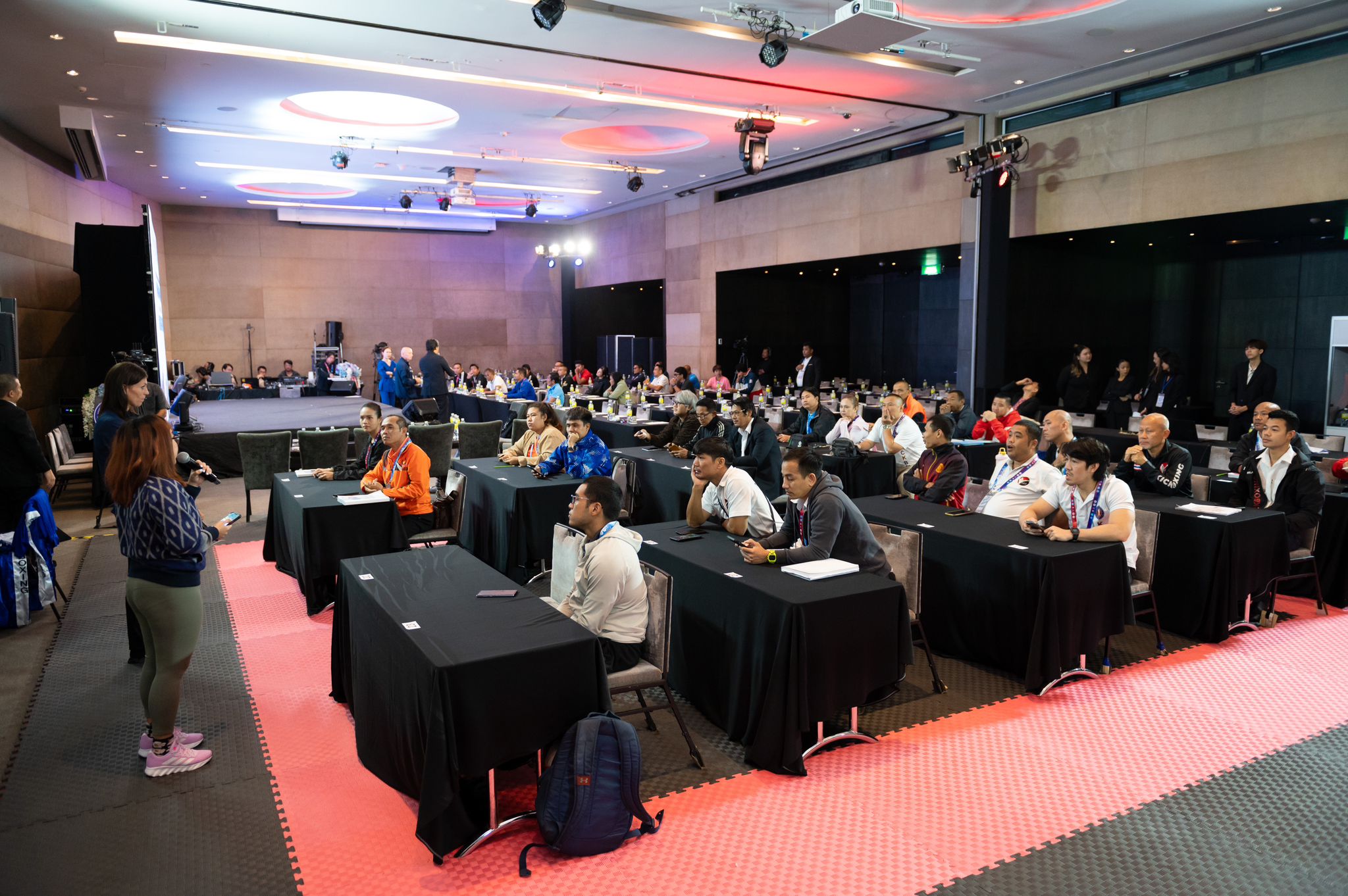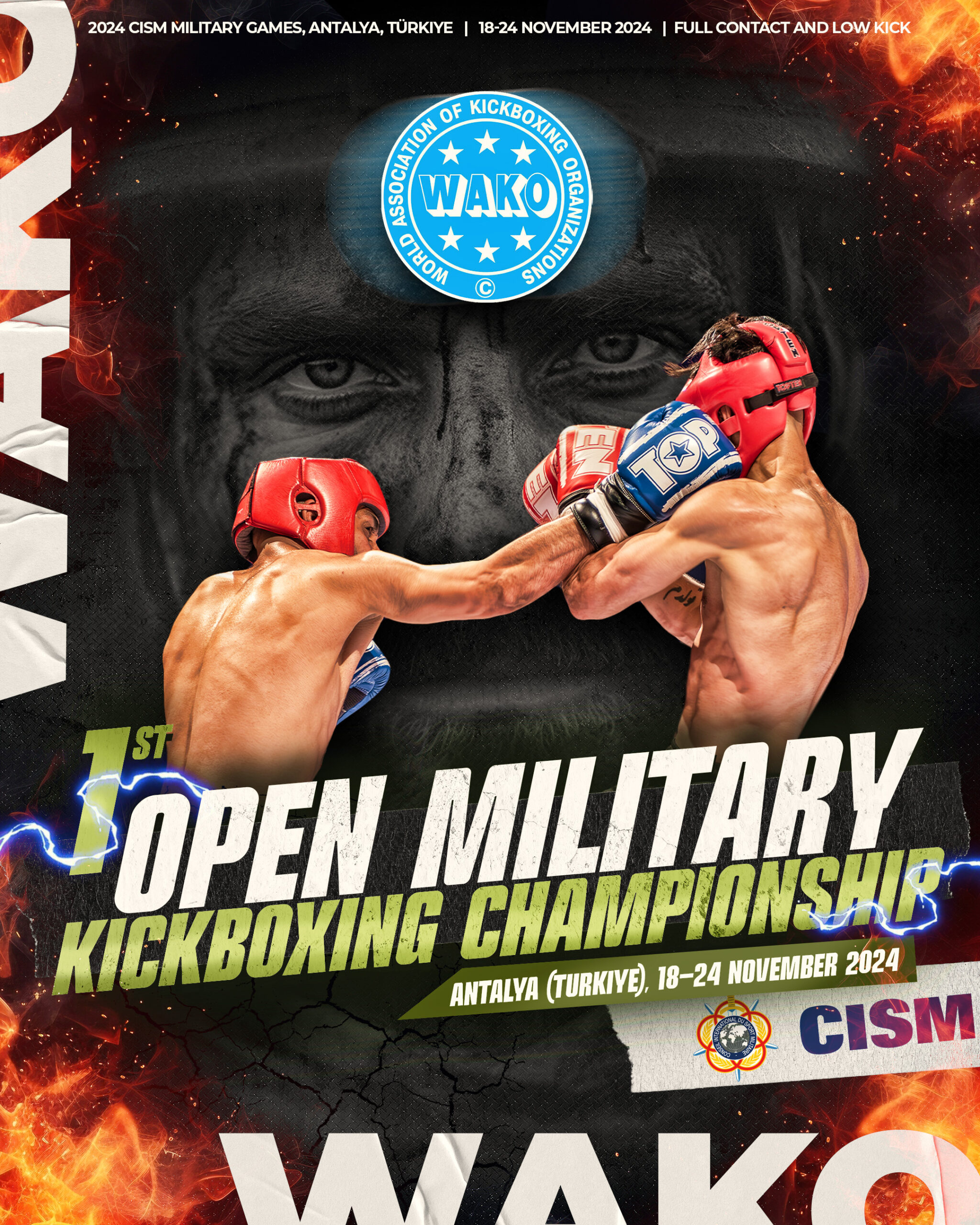Montreal, 9 November 2020
Dear Colleagues,
The World Anti-Doping Agency (WADA) has published a Guide for the Operational Independence of National Anti-Doping Organizations (NADOs) that will support them in strengthening and reinforcing their operational independence as required by the revised World Anti-Doping Code (Code) that was approved in November 2019 and comes into force on 1 January 2021.
Following an exhaustive consultation process, Article 20.5.1 of the 2021 Code will ensure that NADOs are independent from sport and government in their operational decisions and activities by prohibiting any operational involvement by anyone who is at the same time involved in the management or operations of any International Federation, National Federation, Major Event Organization, National Olympic Committee, National Paralympic Committee, or Government department with responsibility for sport or anti-doping.
WADA Director General Olivier Niggli said: “Operational independence is crucial for NADOs as they seek to deliver anti-doping programs without undue influence from governments or sports. Bringing this requirement under the terms of the World Anti-Doping Code makes this independence a condition of their ongoing compliance. Just as WADA is operationally independent from both those stakeholders, so must be Anti-Doping Organizations at the national level, in accordance with international best practice. I would like to thank NADOs for their overwhelming support on this issue and, through this Guide, we are delighted to be able to support them as they deliver on the strengthened provision.”
WADA Director, Program Development and NADO/RADO Relations, Tom May said: “The majority of NADOs operate independently from Governments and sport. However, in a situation where a NADO’s operational independence is not evident or is being threatened, we now have the tools to follow up and ensure this independence is protected. This Guide provides clear direction regarding these requirements to the anti-doping community and we look forward to working with NADOs on implementing these principles.”
Responding to a number of requests from NADOs, this Guide outlines the regulatory and practical measures that should be in place to ensure they can comply with the 2021 Code when it comes into force. The Guide is made up of two parts. Part one sets out mandatory provisions that are found in the Code and that will be monitored by WADA for the purposes of compliance. Part two sets out recommended aspects that NADOs are encouraged to adopt as best practice, providing examples of how these measures can best be implemented.
During the drafting process, the Guide was shared with WADA’s NADO Advisory Group , representatives of the Monitoring Group of the Anti-Doping Convention of the Council of Europe, as well as three Regional Anti-Doping Organizations for review. Feedback received was incorporated into the final version of the document, which was presented to the independent Compliance Review Committee (CRC) at its meeting in early October . The CRC welcomed the development of the Guide and supported WADA’s efforts in clarifying the requirements of NADO operational independence to its stakeholders.
In addition to this Guide, WADA will provide assistance and develop practical tools to support NADOs in enhancing their operational independence. This includes a comprehensive webinar on the topic, which is scheduled for December.
For further information on the Guide, please contact WADA at WADAProgramDevelopment@wada-ama.org .
Best regards,
World Anti-Doping Agency




